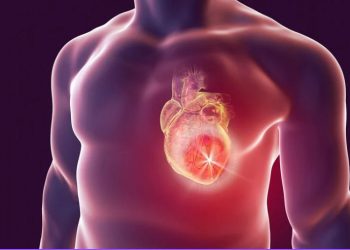More consequential than expected: just one alcoholic drink can throw our brain out of step for days, as tests with mice suggest. Accordingly, the one-time consumption of alcohol leads to a sustained shortening of the nerve processes and to changes in the energy metabolism of the neurons. At the same time, the affected animals still had problems making decisions two days later. The researchers assume that the effects are similar in humans.
For a long time, drinking alcohol in moderation was considered harmless and even beneficial to health. But it is now clear that even moderate consumption of wine or beer can have harmful effects in the long term. It promotes cardiovascular diseases, liver damage and cancer and also affects our brain. Anyone who drinks too much alcohol over a long period of time risks deficits in judgment, concentration and memory. These consequences also persist even after weeks of abstinence , as studies show.
Persistent effects on cells, molecules, and behavior
But what is it like if you just go over the top one evening? Do you have to fear negative consequences for the brain even after a single excessive consumption of alcohol? Johannes Knabbe from the University of Heidelberg and his colleagues have now examined this in more detail. To do this, they gave mice a large dose of alcohol with their drinking water. Then, over the course of the following hours and days, they examined whether and how this changed the brain metabolism and the behavior of the animals.

The result: “After a single alcohol consumption, we identified clear effects at the molecular, cellular and behavioral level,” reports the team. For example, the mice showed behavioral changes two days after they got drunk, which caused them, among other things, problems in making the right decisions. In line with this, in the memory center of the mouse brain, the hippocampus, the concentrations of 72 proteins at the synapses were changed by a factor of up to two.
Changes measurable days after intoxication
Changes in the mobility of the mitochondria, especially in the extensions of the neurons, also lasted longer. “Immunofluorescence analyzes also revealed a shortening of the axon ends,” report Knabbe and his colleagues. All of these effects were not only observable in the acutely intoxicated mice, but also after the alcohol was no longer detectable in the blood.
According to the researchers, these results demonstrate that even a single consumption of alcohol can cause long-lasting changes in the brain. These primarily affect the synapses and are thus important players in learning and memory. The changes in the mitochondria could also play a role in the risk of addiction to alcohol. Because, as additional tests in Drosophila flies showed, the targeted blocking of alcohol-induced mitochondrial mobility prevents the craving for alcohol.
“Our data suggest that even a single dose of alcohol causes plastic changes in the brain, which in turn could pave the way to alcohol dependence,” write the research team. Further clarification of these effects, which occur even after single alcohol consumption, could therefore help to further elucidate the molecular and cellular mechanisms of alcohol addiction.








